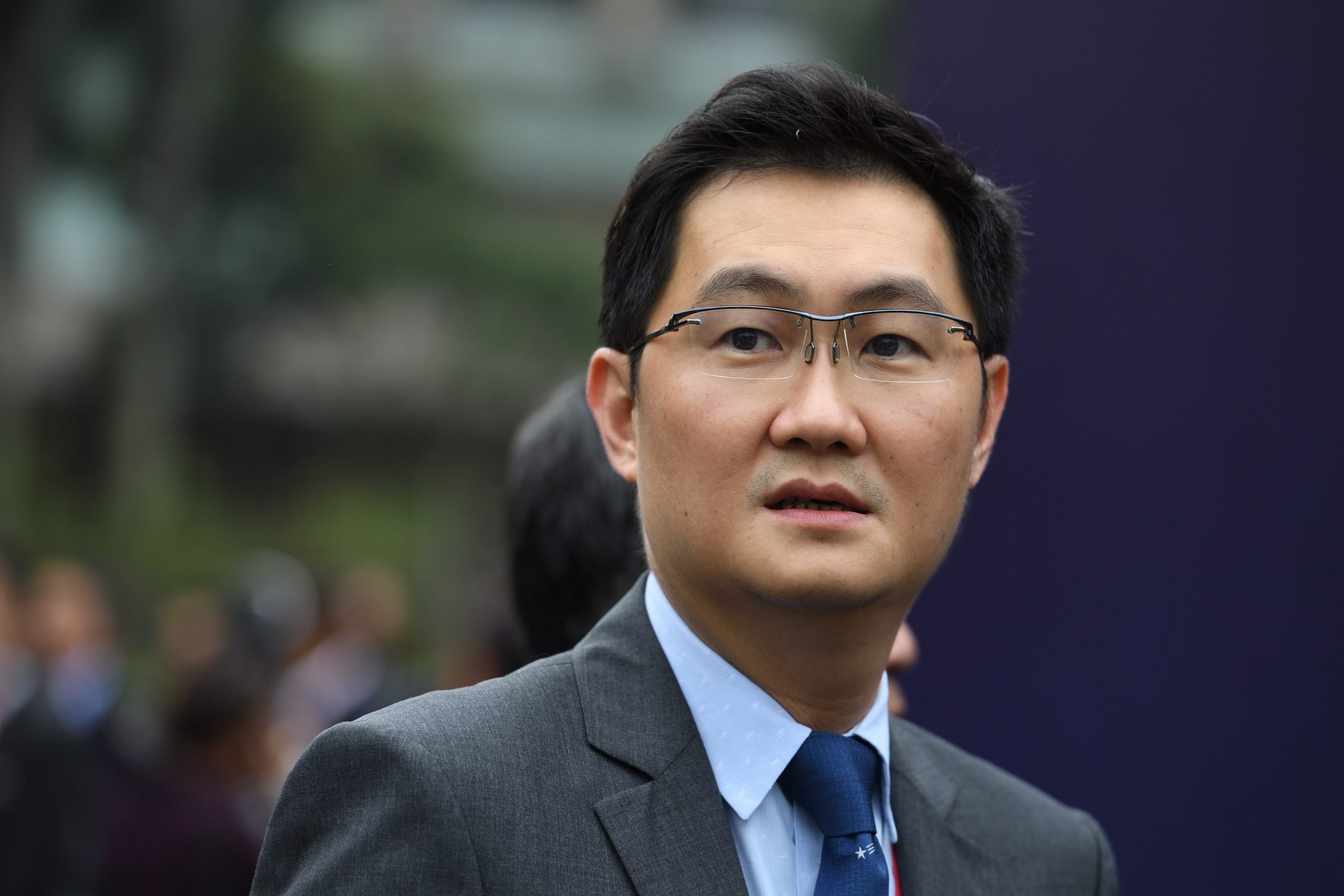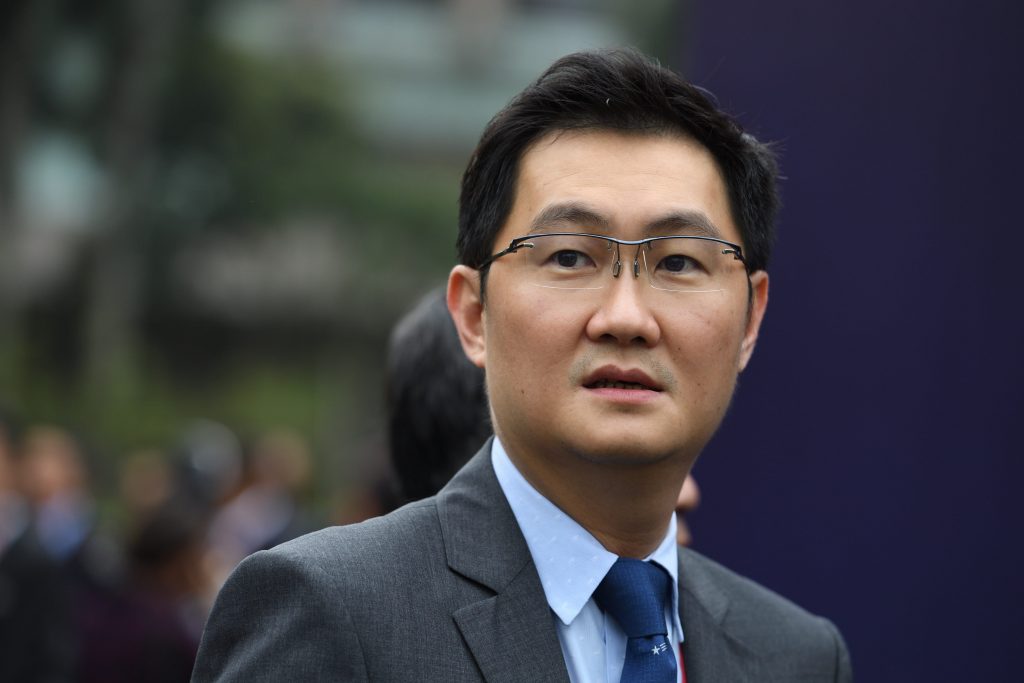
Visual China Group via Getty Images
- Tencent will use facial recognition to stop under-18s playing video games at night, it said Tuesday.
- It said the "Midnight Patrol" system would initially be used for more than 60 of its video games.
- In 2019, China introduced rules preventing minors playing video games between 10 p.m. and 8 a.m.
- See more stories on Insider's business page.
Tencent will start using facial recognition technology to stop under-18s from playing video games into the night, it announced Tuesday.
Its system, called "Midnight Patrol," will identify minors who are playing video games late at night – and boot them off the platform.
The system aims to prevent minors from posing as adults to circumvent a Chinese ban on late-night gaming sessions. It will initially work across more than 60 Tencent titles, the Chinese tech giant said.
In 2019, China introduced rules to curb video-game playing over concerns that young people were becoming addicted. The rules included a ban on under-18s playing between 10 p.m. and 8.a.m, a maximum of 90 minutes of playing time on weekdays, and monthly caps on in-game microtransactions, China's General Administration of Press and Publication said in a notice.
Tencent said that it would conduct face-screening for accounts registered with real names that had played for a certain period of time at night, according to a translation of a company press release by Sixth Tone, a Chinese state-owned news site aimed at Western audiences.
Tencent will compare players' faces against a government database of faces linked to China's social security system, the Sixth Tone translation said.
Adults who are mistakenly kicked off the platform will be able to submit a new face scan, but those who refuse to be scanned will be removed, Tencent said in Tuesday's translated release.
The tech giant began testing facial recognition software in late 2018 for randomly selected gamers who lived in Beijing and Shenzen and played the game Honour of Kings, the BBC reported. Young players used a number of tactics to try to fool the system, such as impersonating their grandparents when talking to the Tencent's customer service, the company said in a release at the time.
